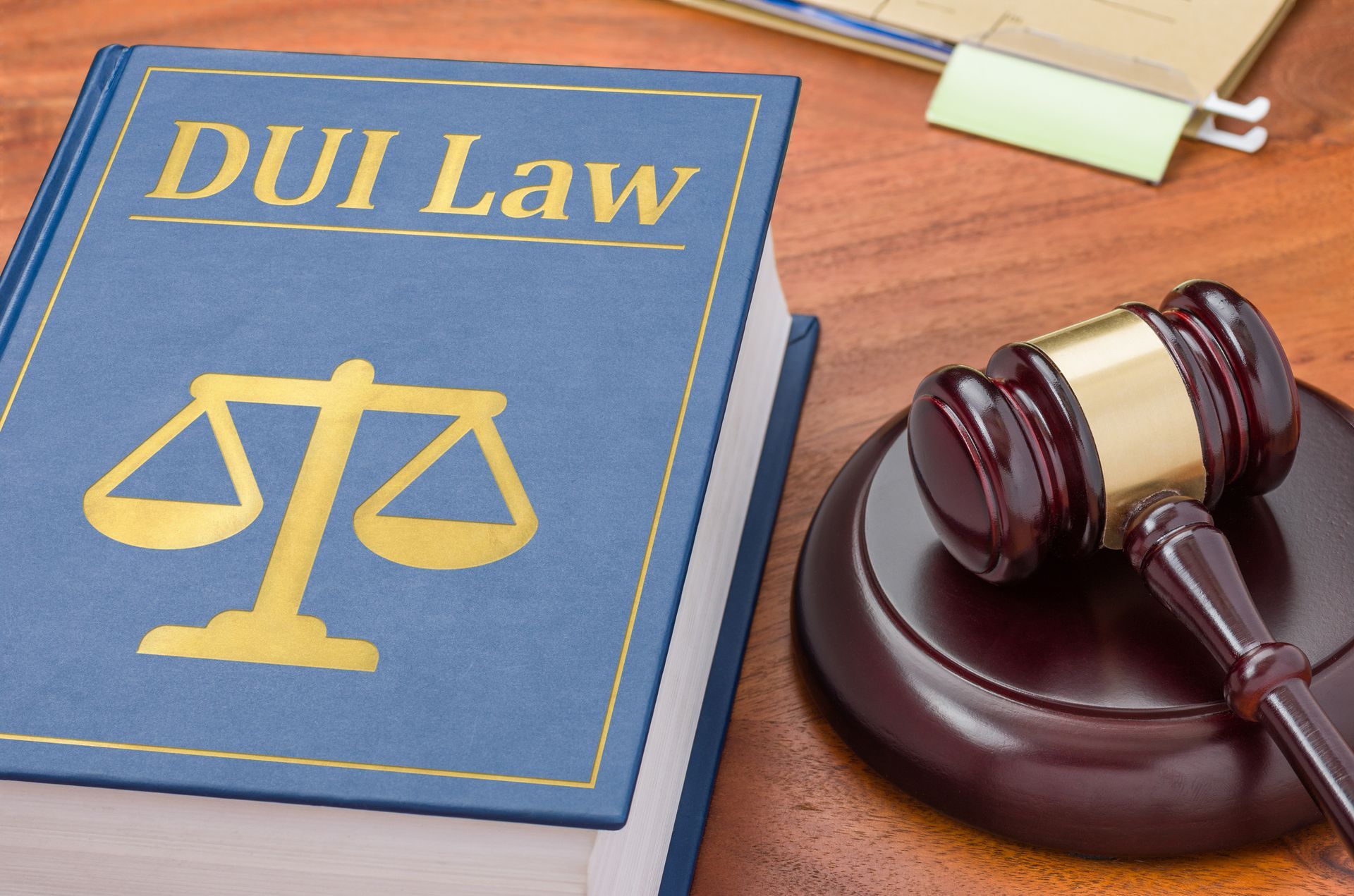Understand the federal criminal justice process
The federal criminal justice system is a mystery to many people who are facing charges. This can make it difficult to determine what they need to do. It is imperative for you to have an idea of the process so that you are armed to aim for the best result in your case.
One thing that you can’t do is rely on what you’ve seen on television or in the movies as your source of information. Instead, learn the facts.
3 stages
The federal criminal justice process is divided into three stages. The first is the pretrial stage. The second is the trial. The third is the post-trial proceedings. In each of these stages, there are multiple steps and considerations.
First stage
You might not even realize when the first stage begins. Your arrest is actually one of the last steps in this stage. Before the arrest is the investigation and a journey through the grand jury. These are both important steps.
In this stage, it is determined if a crime actually falls under federal jurisdiction. There is a chance that some crimes, even murder, might fall under the state’s jurisdiction. Charging you in the correct court is important since it can have a direct impact on the way the case is handled.
Once you are arrested, you will be arraigned and will go through a few court appearances. You will have to enter your plea in court. You will also have to go through a pretrial process that might include court hearings.
During this stage, you may be able to work out a plea bargain. This is actually how many federal cases are resolved. Some defendants opt to not go up against a federal prosecutor in a trial so they work out a deal that bypasses the trial.
Second stage
The trial phase includes everything from the selection of jurors through the sentencing phase. This stage of the process usually involves your having to be in the courtroom. The trial will be in front of a jury of your peers who will decide if you are guilty or not guilty of the charges that were levied against you.
At the end of the trial phase comes the sentencing phase if the person was convicted. Before the court hands down a sentence, a probation officer conducts an investigation to help the court. This, along with the convictions, will be used to determine the sentence that will be imposed.
Third stage
In the third stage, which occurs after the sentencing, people who were convicted and sentenced have a right to appeal. This is usually done with the hope of being able to have a conviction vacated or a sentence changed. This process is very involved. It must be handled with care and in accordance with strict time limits.
The post Understand the federal criminal justice process appeared first on Houston & Underwood PLLC.



























